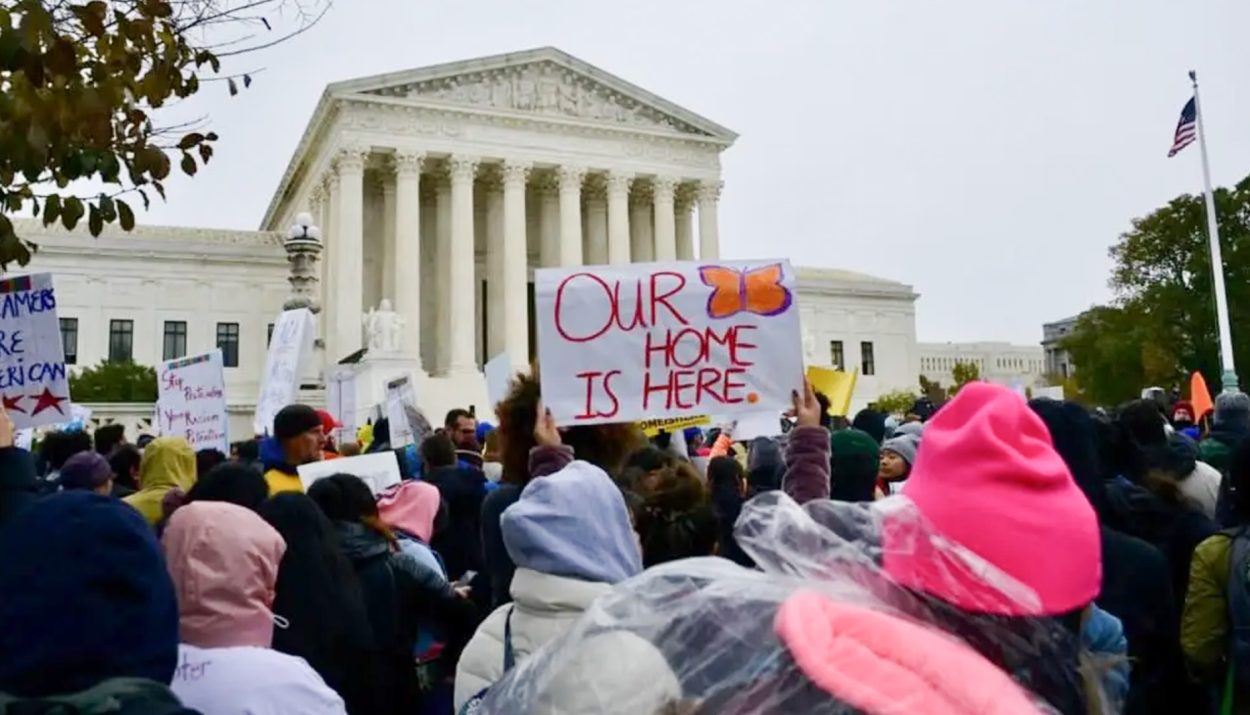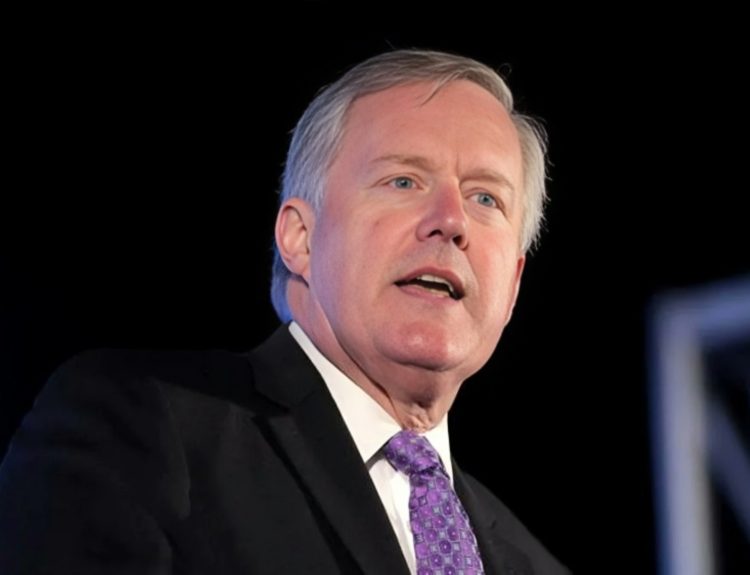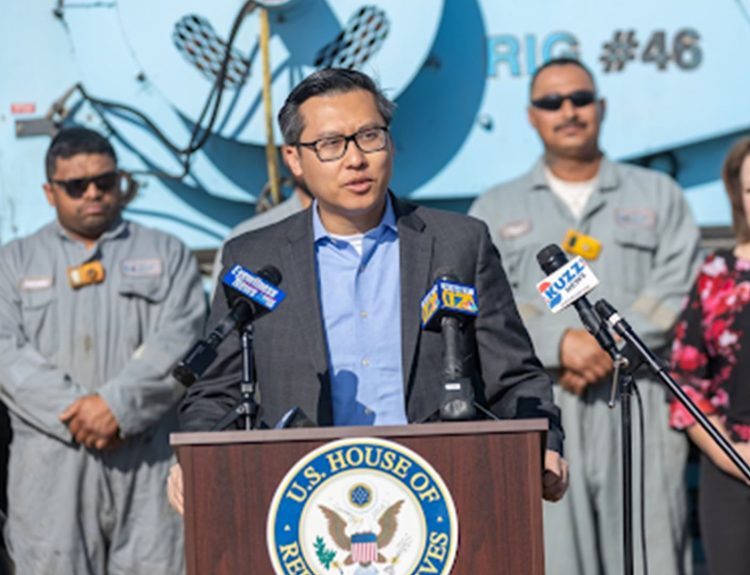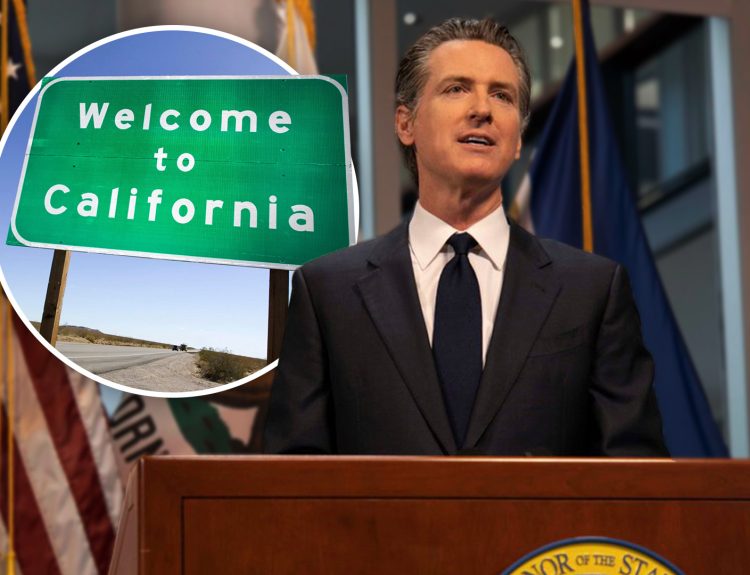Officials in Aurora, Colorado, have put a stop to financial grants for migrants. They’ve cited a lack of funding from the state and federal government as the reason for their decision.
Apart from border states like Texas, Arizona, and California, Colorado has experienced a significant influx of undocumented individuals entering the country. Denver, the state capital, has seen a higher per capita intake of migrants than any other U.S. city not bordering Mexico.
Denver’s Response To Migrant Crisis
To support over 38,860 migrants, the city has spent more than $58 million, with an estimated $12 million expected to be reimbursed by the federal government. The state and the federal Department of Homeland Security have fitted out just over $5 million.
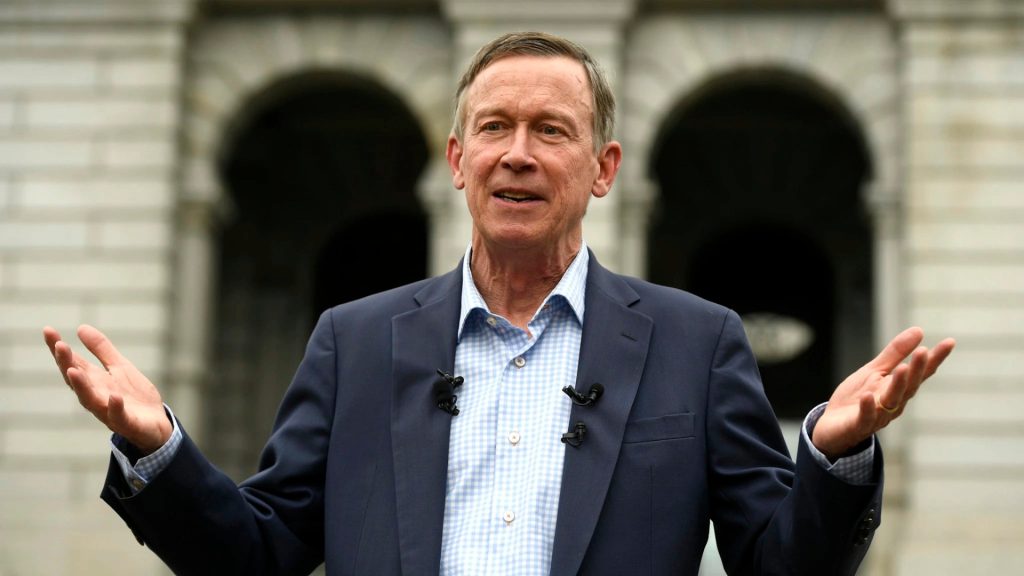
Denver Mayor Mike Johnston, a Democrat, has previously expressed sympathy for Republican Governor Greg Abbot of Texas regarding his pleas to the Biden administration to manage the rise in the number of migrants.
Grappling With Migrant Crisis
Earlier this month, Mayor Johnson reported that his city was struggling with limited space and resources to accommodate migrants in need of shelter and other assistance. Officials have said that the city has enough contingency funds to last till April.
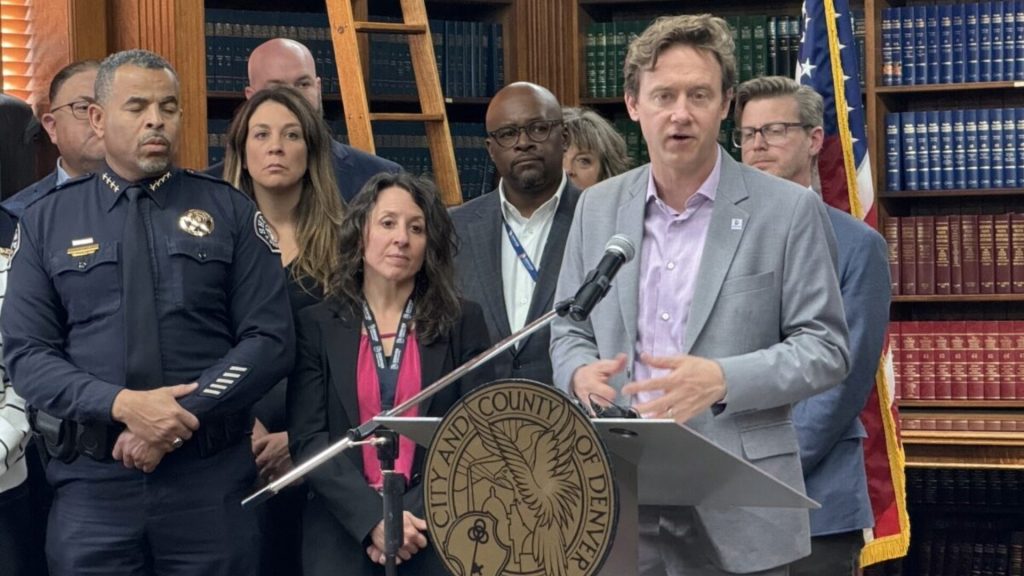
On Monday, the City Council in Aurora, just east of Denver, voted 7-3 to pass a resolution to ban the transportation of migrants and homeless individuals into the city.
Aurora Mayor Addresses Migrant Assistance
Aurora Mayor Mike Coffman told Newsweek that while Denver is both a city and a county, as a county it can cater to human services programs but as a city it cannot.
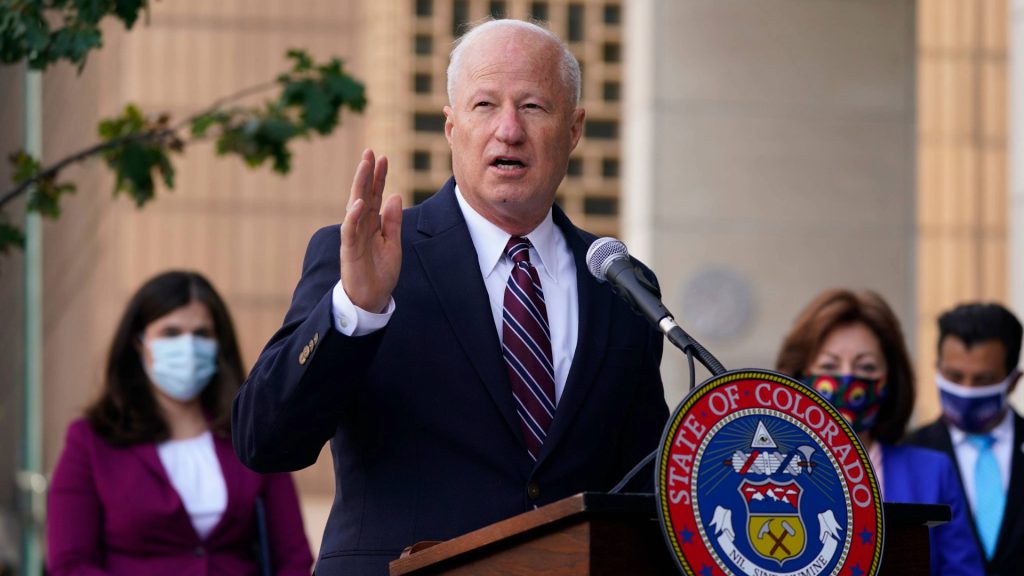
He added that the city of Aurora has never used any public funds to assist migrants. However, it urges individuals and nonprofit groups to help those in need. “I didn’t like the language of the resolution and asked the sponsors to pull it and allow me to work with them,” Coffman said.
Changes Are Necessary
He added that they did agree to a change to remove a section from the resolution that requires intergovernmental agreements before immigrants or homeless folks can be allowed into the city but the bill will be hard to enforce.
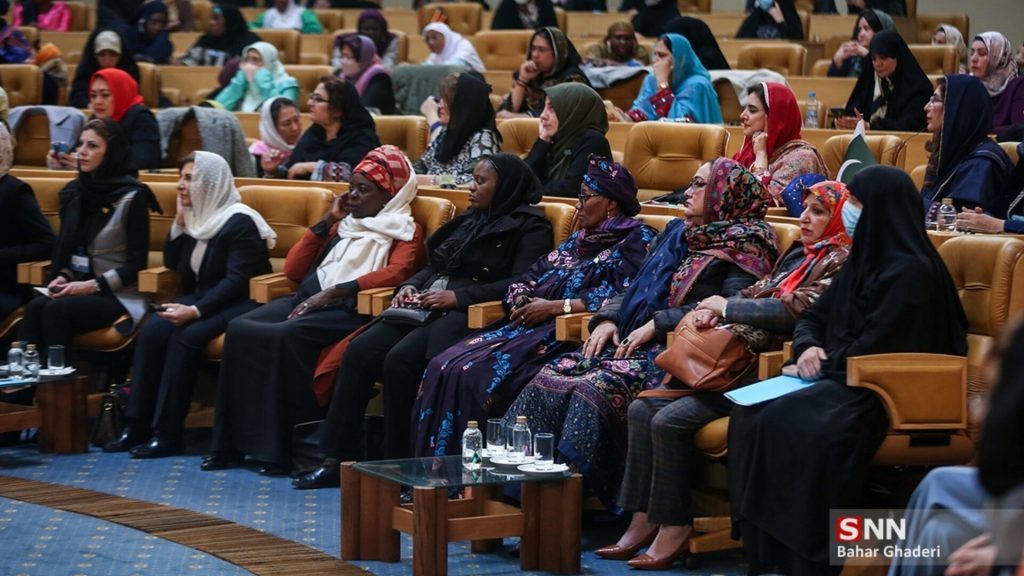
The mayor also mentioned that Washington, D.C. leaders are responsible for this mess. So, it’s their duty to address it by enacting reforms to secure the borders and fix the broken immigration system. Until then, he said the federal government covers all costs to support recent migrants into the Denver Metro area.
Resolution Shift: Aurora And Migrants
Before the vote, the resolution was amended and a section that would have permitted the city to welcome migrants only if a financial agreement was in place was removed.
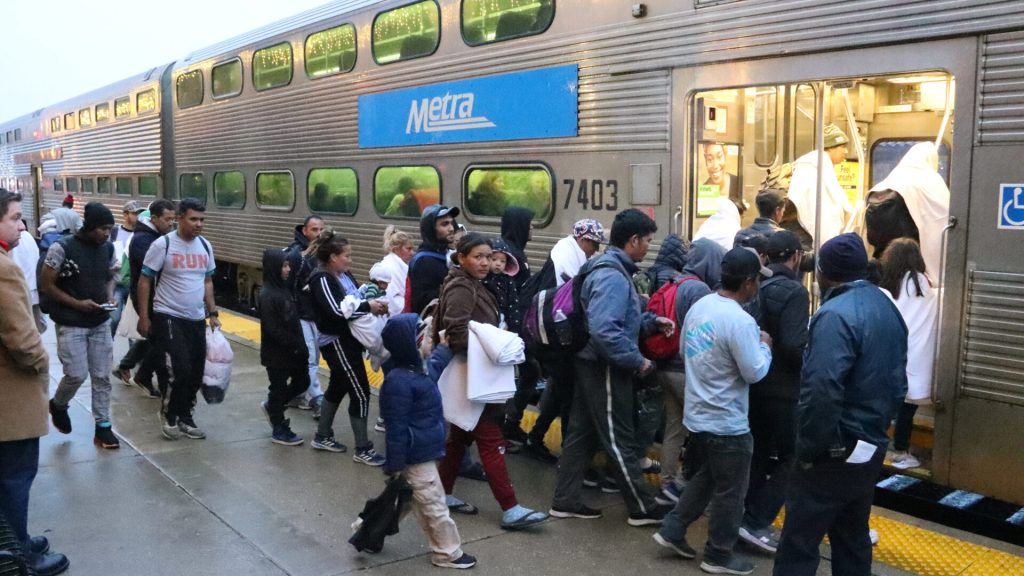
This information was reported by Denver’s KMGH-TV. Officials who proposed the resolution reference the rising financial responsibilities associated with what is now an issue of growing concern.
Balancing Compassion With Fiscal Realities
“We want to simply let our residents know that although we are empathetic towards the plight of such folks, we cannot host them out of pure reality and our financial situation,” said Councilman Steve Sundberg.
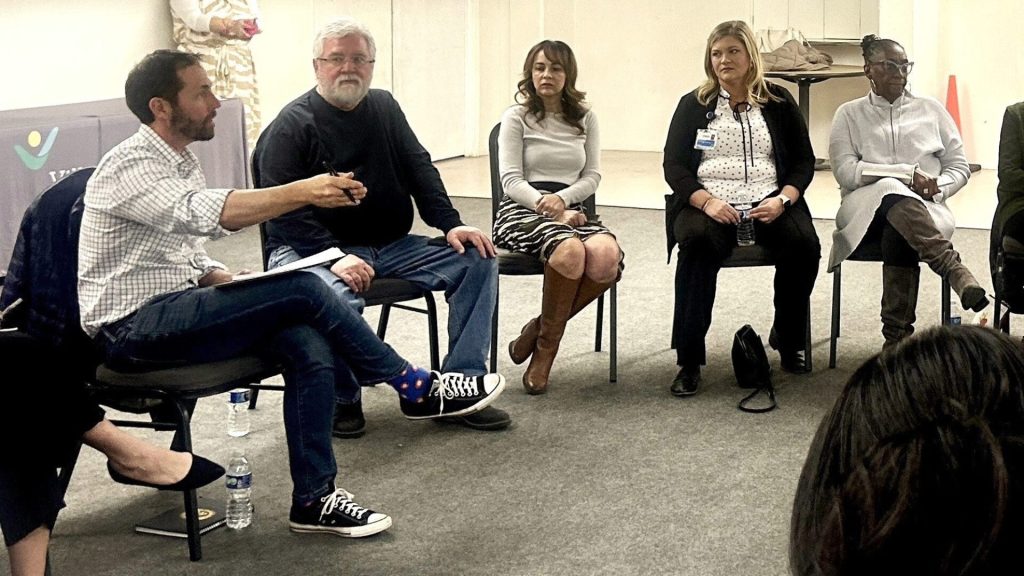
He said the resolution is very similar to what officials in Colorado Springs reported earlier this year. Together with officials from El Paso County, they were direct in stating that they were not interested in being defined as a sanctuary city.
Limiting Migrant Support
The Aurora resolution stops groups from bringing migrants into the city unless there’s an agreement on handling costs and services. No public funds, services, or staff resources will be used to support migrants.
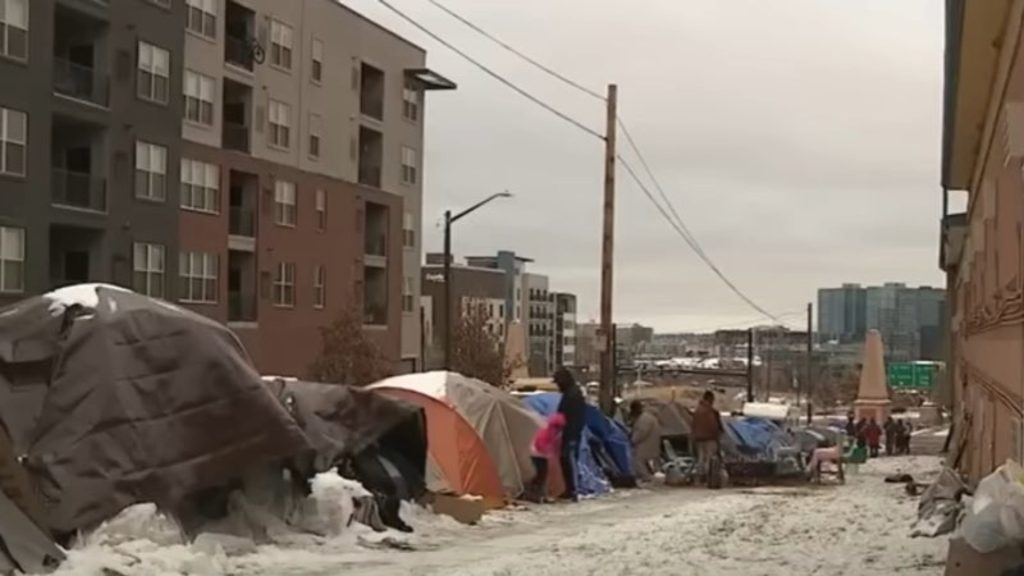
Sundberg mentioned that Colorado Springs took the same steps five weeks ago. He also mentioned that while Denver officials were tagged as racists for their decision, the masses didn’t attack Colorado Springs or their mayor for doing the exact same thing.
Aurora Seeks State And Federal Support
“But they came to the realization that their budget is finite, and so is ours. We’re not going to work against nonprofits. We want them to do the work that they’re cut out to do and fundraise for it,” he added.
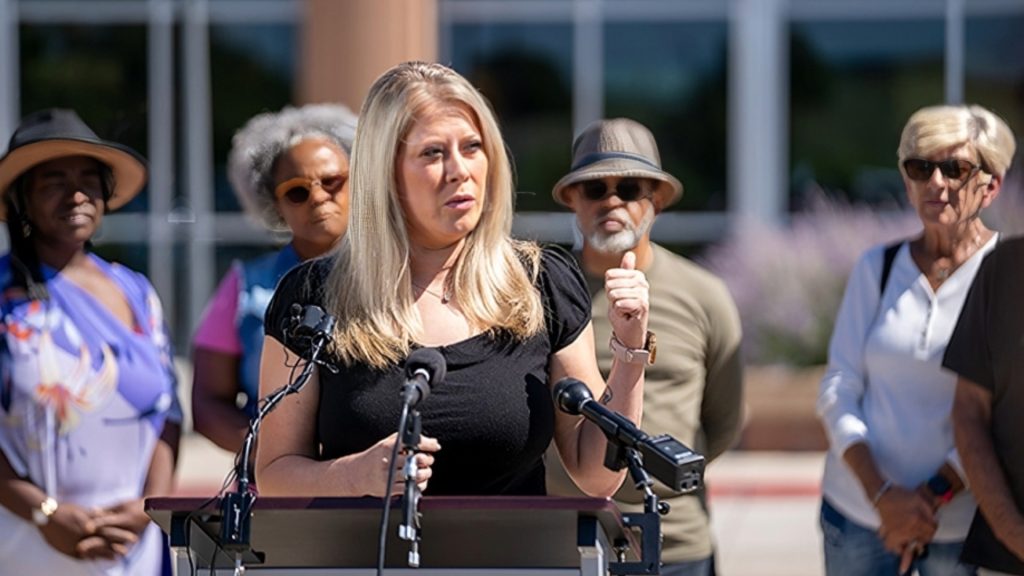
In May 2017, Aurora passed a resolution declaring it was not a sanctuary city. Councilwoman Danielle Jurinsky, who helped write the resolution with Sundberg, said Aurora shouldn’t have to deal with the issue alone. She called for state officials and the federal government to step in and help too.
A Federal And State Issue
“Immigration is not a local issue,” Jurinsky said. “Immigration is a federal issue and a state issue. We’re putting pressure on our governor to show up and even make a statement about this crisis. This does not fall on your local city council to handle immigration.”

She also said that Aurora would not imitate what Johnston and Denver have done, spending money on migrant aid with decreasing budgets for services and recreation.
Polis Calls For Congressional Action
A spokesperson for Polis referred the press to Polis’ recent statements on the increased number of migrants at the southern border.
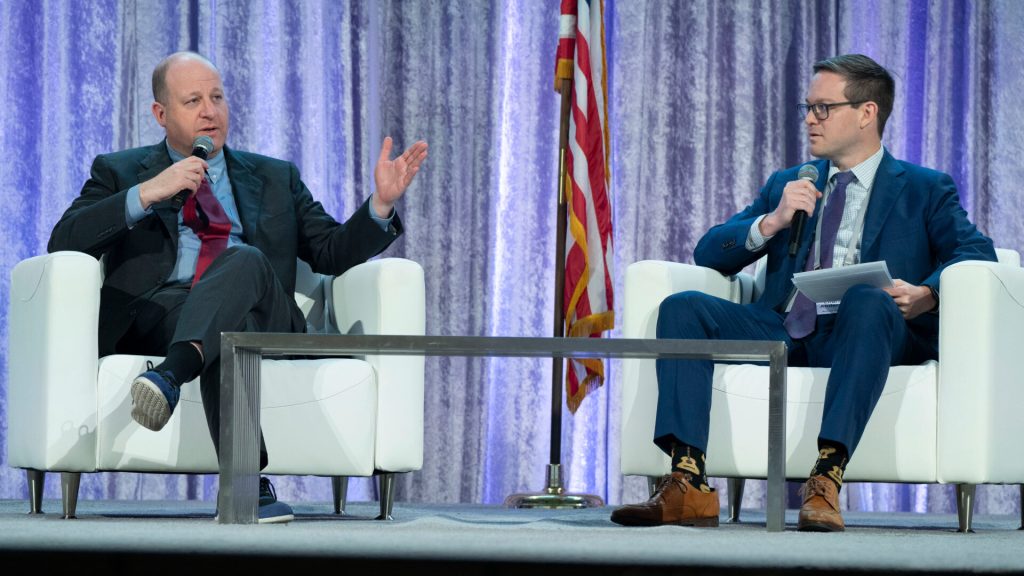
On Fox News Sunday, Polis told anchor Shannon Bream that it is not a partisan challenge “but an American challenge.” He said Congress needs to fund additional Border Patrol agents amongst other things that should be put in place.
Housing Costs On The Rise
He blamed the increased demands and cost of housing across the country on the increase in illegal migrants. He also added that his state has reduced the time for permits and is building additional housing.
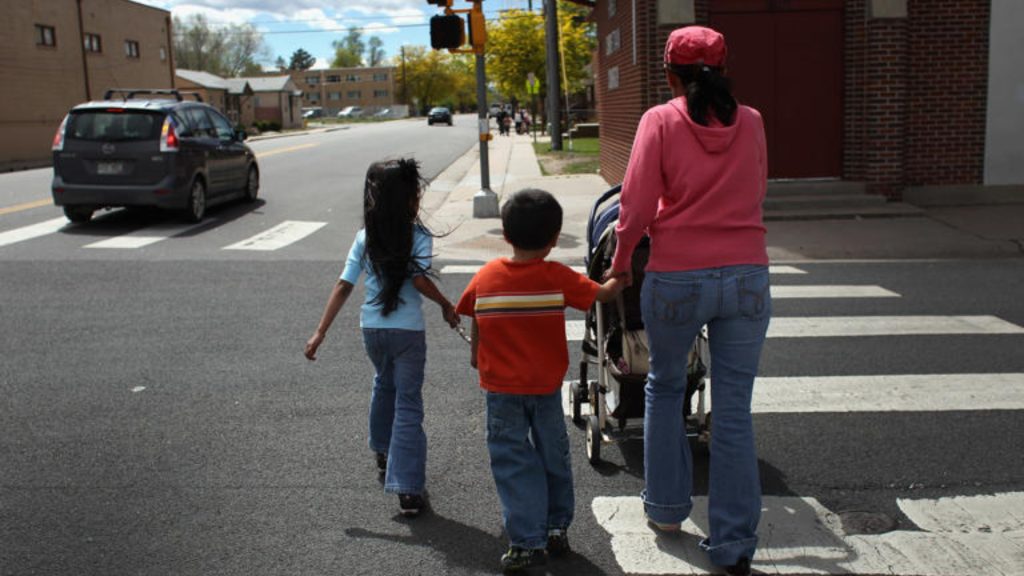
On Tuesday while at the White House, Polis told Forbes that President Joe Biden and Vice President Kamala Harris “really sought to elevate the concerns that we face in the field every day.”
Prioritising Essential Services
The concerns included immigration and the administration’s plans moving forward but did not provide specific details.
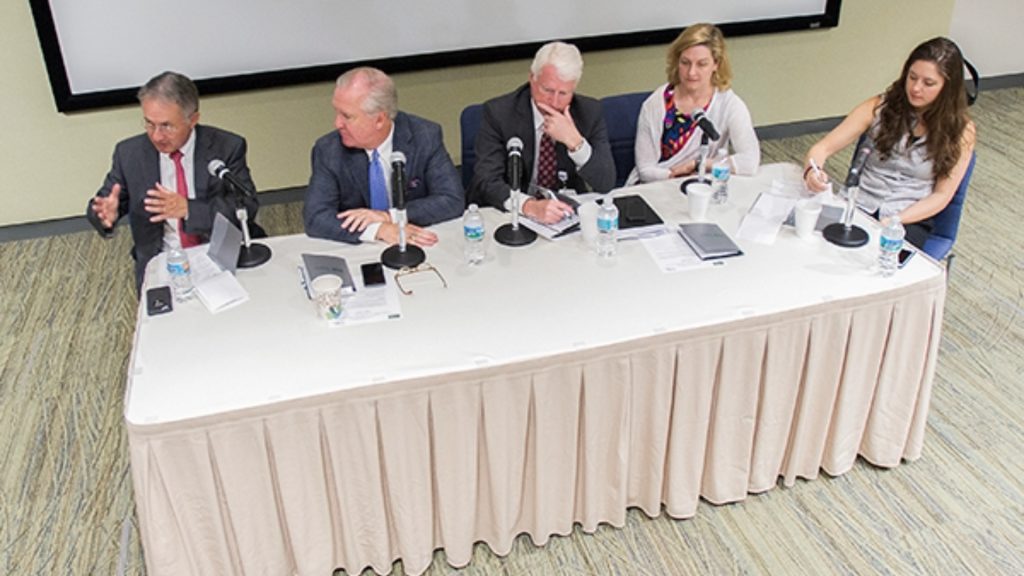
Ryan Luby, Aurora’s deputy director of communications repeated Coffman’s concerns. He said that the city focuses its limited resources on services such as police, fire, water, transportation infrastructure, and maintenance amongst others.
Aurora Clarifies Role In Service Provision
Luby again mentioned that as a city, not a county, Aurora is not structured or funded to provide health and human services to the community.

“Those services are provided by each of the counties in which Aurora is located. “For these reasons, the city has never provided direct services or funding to newly arrived migrants. Neither does it have a mechanism to track the number who have arrived.”

